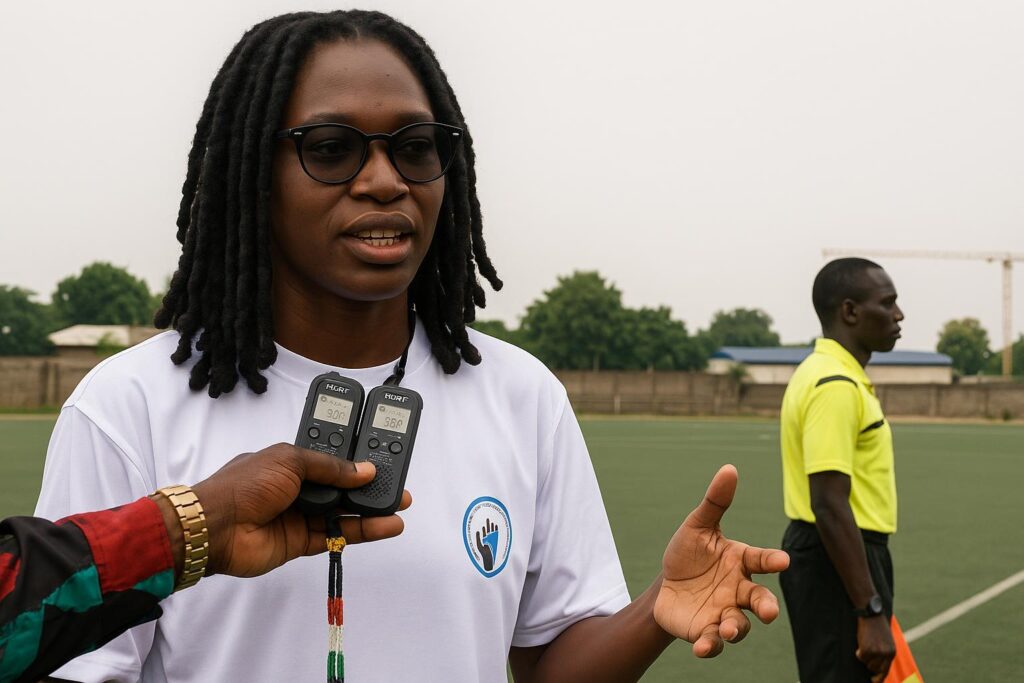Rising Star of Juba Tracks
At Bulluk Playground’s red-dirt oval, 18-year-old Umnia Emmanuel Moses streaks down lane three, her worn sneakers biting the clay. The South Sudanese sprinter already owns two trophies and a growing medal haul.
Yet she insists numbers on a stopwatch matter less than what they unlock. “Each split second proves refugees can achieve,” she tells me, sweat still shining on her brow after a dusk workout that outlasted the generator’s floodlights.
Challenges Facing Refugee Athletes
Like many urban refugees in Juba, Umnia juggles school fees, rent, and training costs without steady sponsorship. Tracks are often pitted, and proper spikes scarce. Coaches speak of talent “running barefoot into potholes,” a metaphor that stings but accurately captures the hurdles.
South Sudan Athletics Federation officials acknowledge funding gaps but note ongoing talks with regional partners to rehabilitate facilities. “We cannot afford lost potential,” says technical director Peter Lado, citing plans for community-driven track refurbishments in 2025.
A Visionary Inclusive Club
Motivated by scarcity, Umnia sketches her answer in a lined notebook: an athletics club open to citizens and displaced youth alike. She imagines shared meals after drills, mentorship circles on career choices, and periodic mental-health check-ins led by volunteer counselors.
Local NGO Active Nation has offered cones and stopwatches, while a diaspora engineer pledged to crowd-fund starting blocks. “Even small gestures lengthen the runway,” Umnia notes, flipping the metaphor, her smile widening as teammates nod in quick agreement.
Community Echoes and Family Support
At first her parents questioned hours spent chasing medals instead of casual jobs. The turning point arrived when she returned from a regional meet clutching gold. “Her discipline schooled us,” laughs her mother Mary Chol, now chief keeper of the trophy shelf.
Neighbourhood shopkeepers help in quieter ways, advancing water bottles on credit or timing her repeats with phone stopwatches. Such micro-patronage, common in Juba, quietly builds a safety net larger than any single grant.
Eyes on Continental Championships
With personal bests of 12.1 seconds over 100 metres and 25.3 over 200, verified at the Nile Zone Trials, Umnia targets the 2026 African U20 Championships. Scouts from Kenya and Ethiopia have already inquired about training stints.
Elite coaches caution that consistent speedwork requires stable nutrition and recovery protocols. Here, her envisioned club could double as performance hub. “A well-rested athlete runs for herself; a supported athlete runs for a nation,” observes South Sudan Olympic Committee adviser Dr. James Mogga.
Track as a Pathway to Belonging
Ultimately, each stride carries a message larger than athletics. In a city where displacement often eclipses identity, the lane lines give Umnia—and those she hopes to guide—an address of their own. She breathes deeply, then sprints again, chasing both time and belonging.


